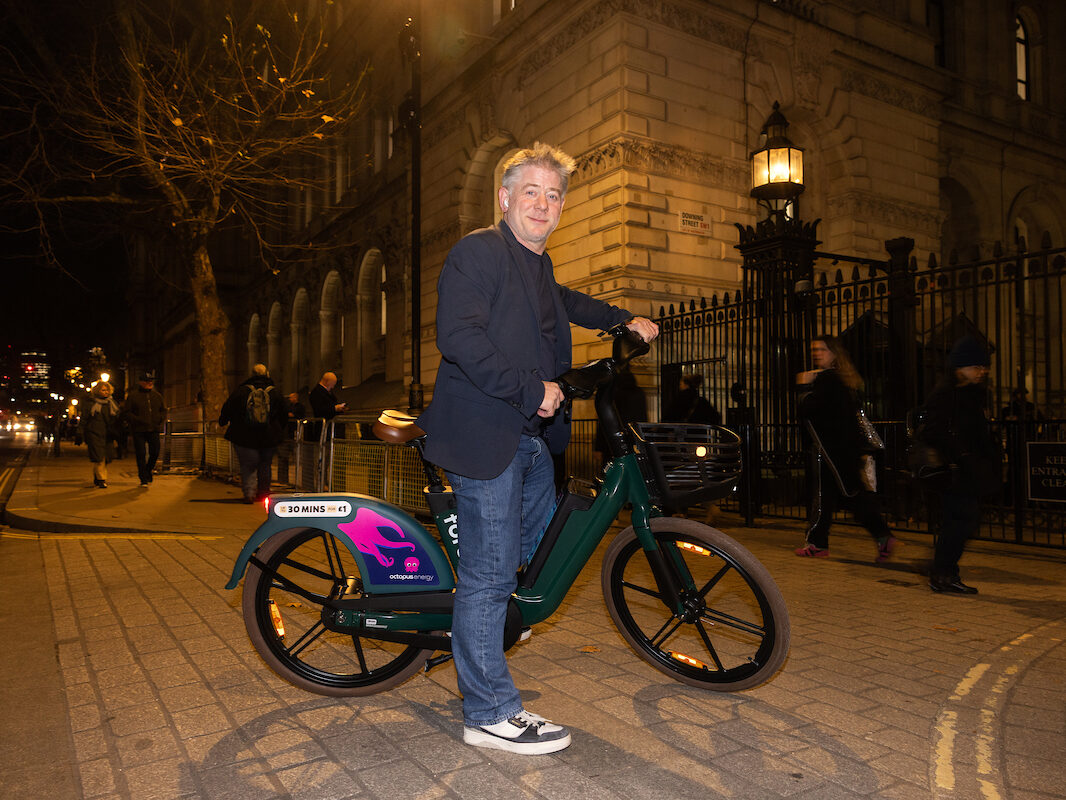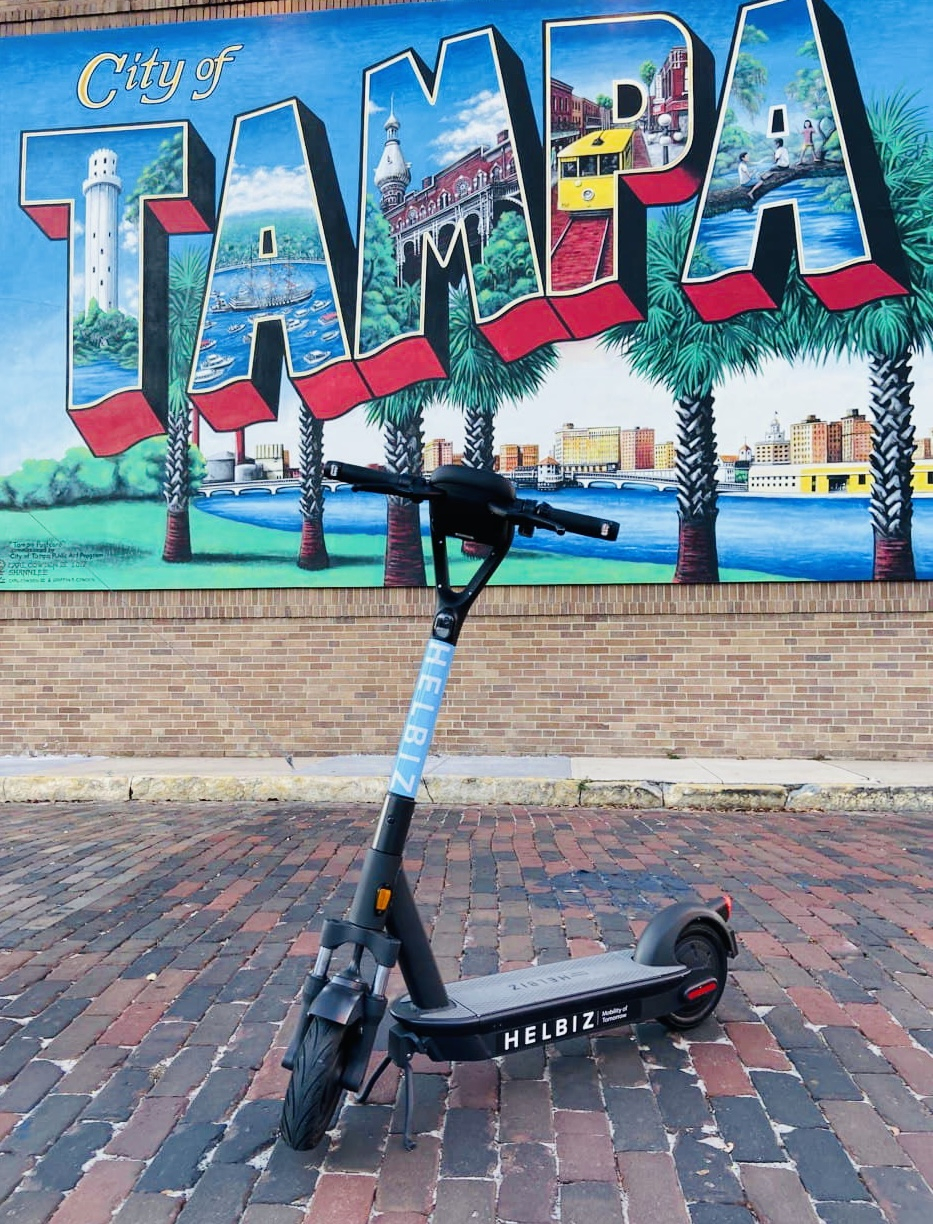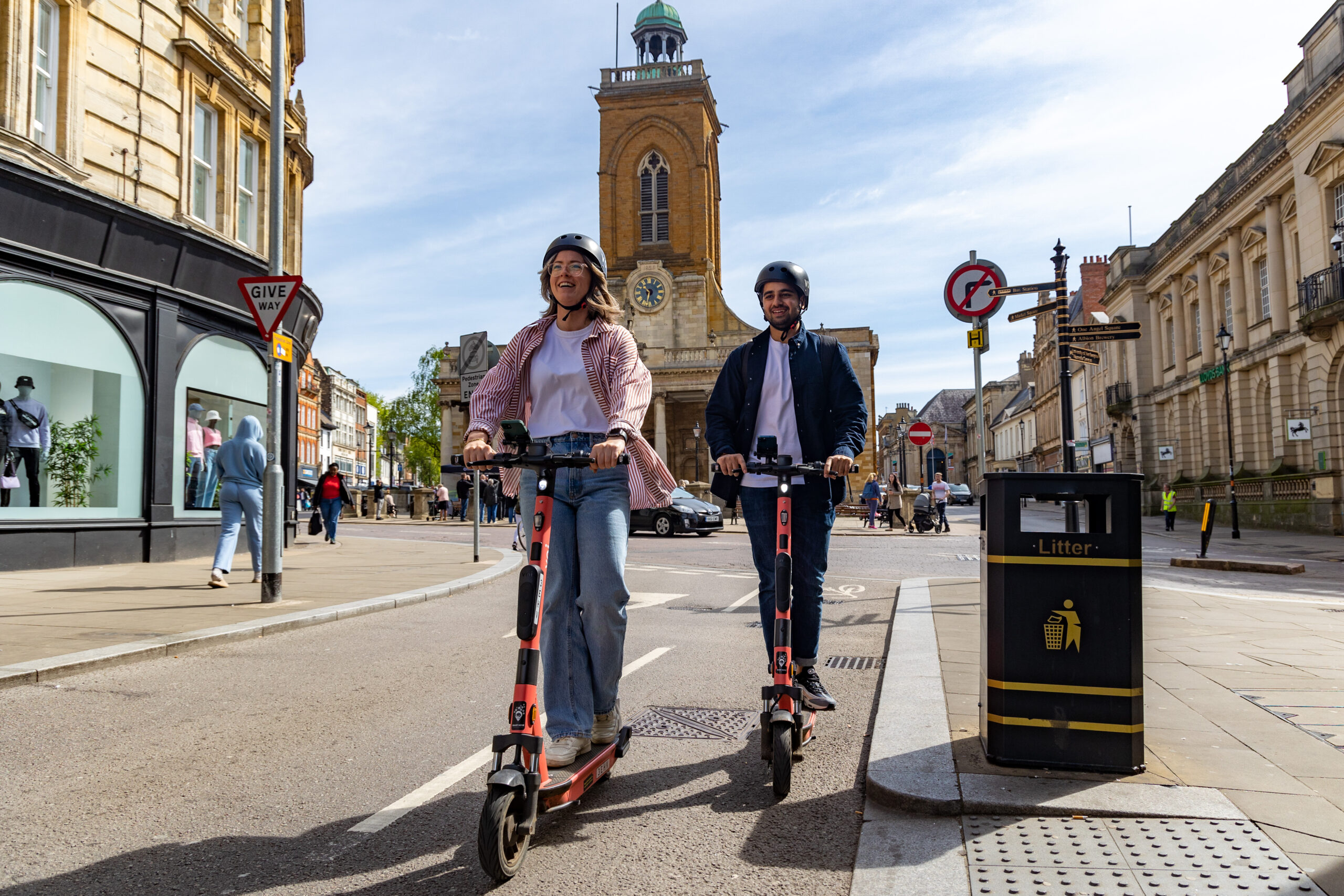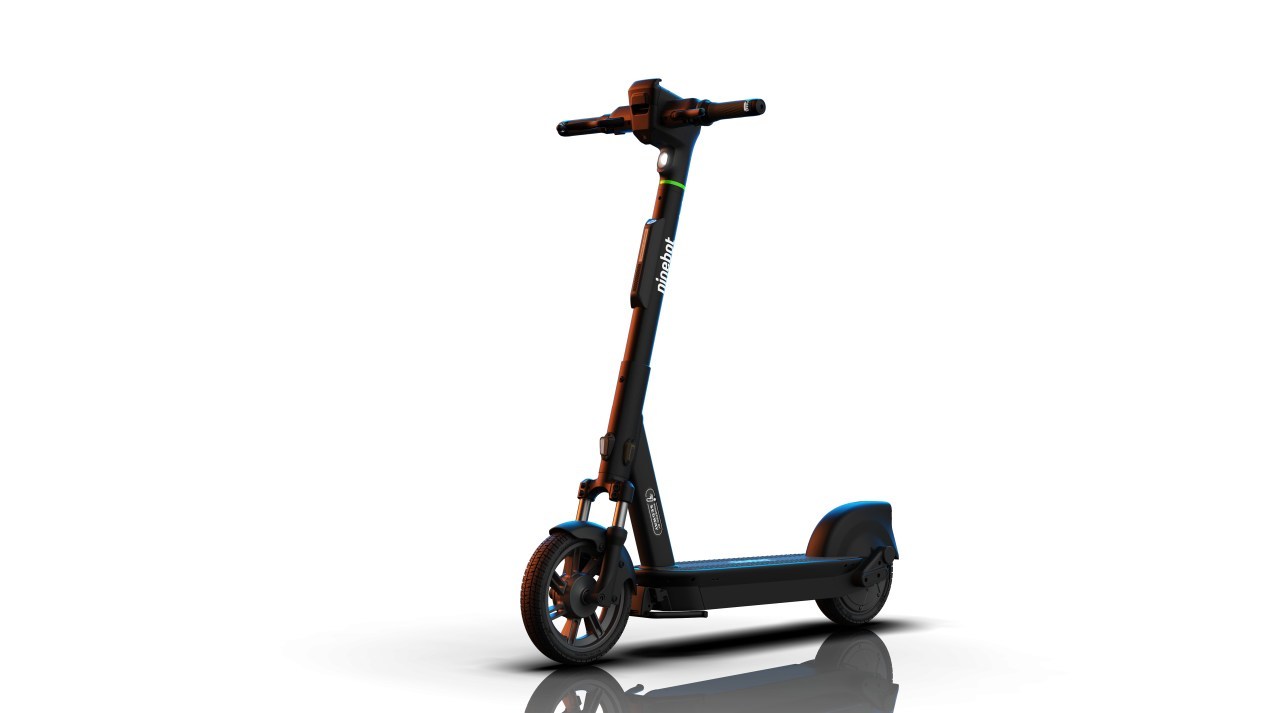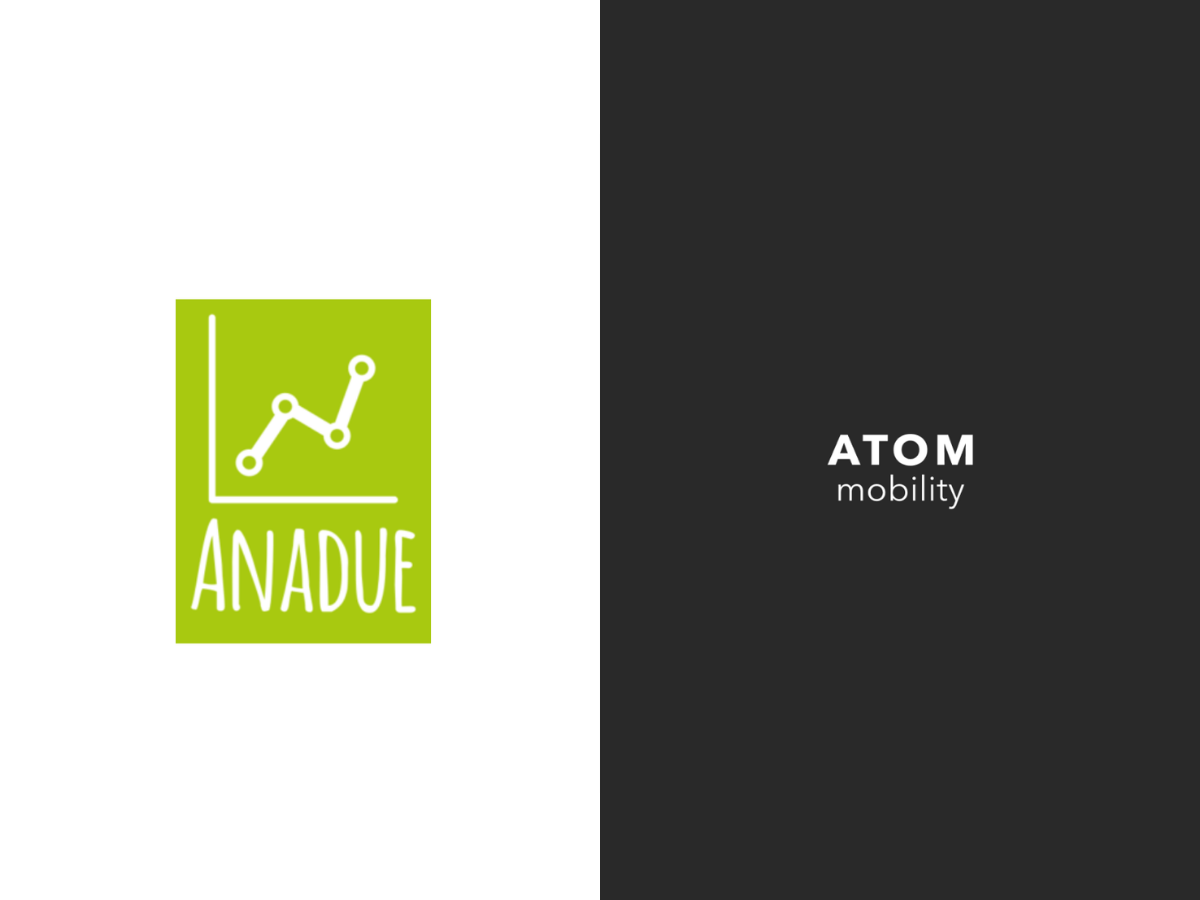Neuron has implemented its ‘e-scooter brain’ in e-scooters in Ottawa.
This makes the Canadian capital the first worldwide for Neuron to feature its technology across its entire fleet.
Ottawa’s third e-scooter trial began on 6 July 2022. Throughout the pilot, Neuron is deploying a fleet of shared e-scooters equipped with technologies purported to enhance micromobility safety and control.
Neuron’s High Accuracy Location Technology (HALT), Rapid Geofence Detection (RGD) and Dangerous Riding Detection (DRD) were previously tested in Ottawa as part of a separate trial. These technologies allow Neuron to provide accurate geofencing, designate precise smart parking locations and detect and control sidewalk riding.
RGD allows the e-scooter to respond significantly faster when crossing a geofence boundary, such as a no-ride or go-slow zone. Neuron also claims its HALT technology is at least 50 times more accurate than the industry’s average GPS system. These features are used by Neuron’s Dangerous Riding Detection (DRD) system, which helps ‘correct’ or warn of undesirable or unsafe riding behaviours.

Neuron’s fleet of e-scooters will also feature an Acoustic Vehicle Alerting System (AVAS) that alerts pedestrians of the approaching scooter. Last year, Neuron was the first and only operator in Canada to launch a multi-month trial of AVAS technology on over 100 vehicles, but this feature is now required by all e-scooter operators in Ottawa.
Neuron launched its rental e-scooters in the Canadian capital in 2021. Since then, Neuron riders have travelled more than 240,000 kilometres in Ottawa.






